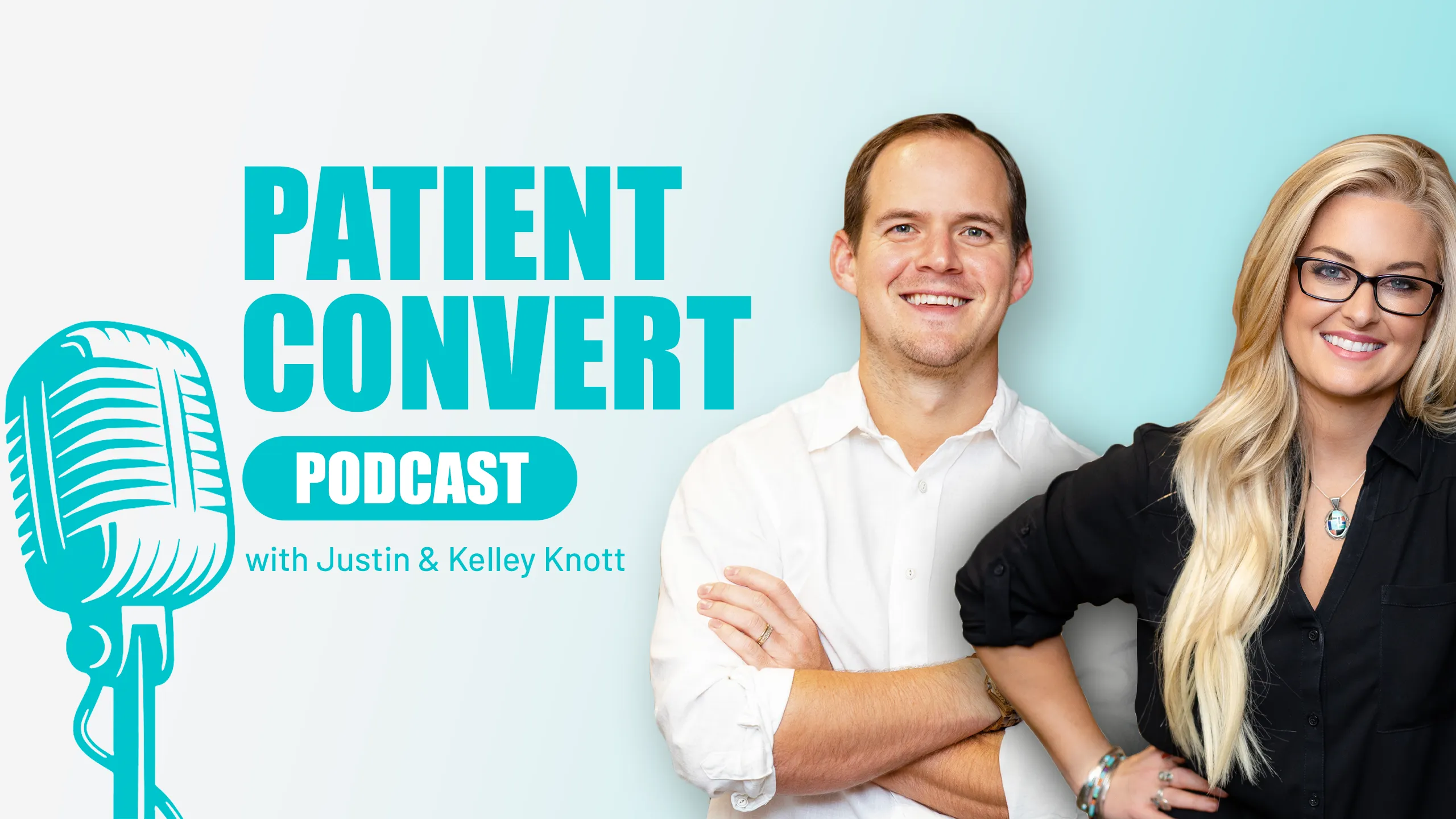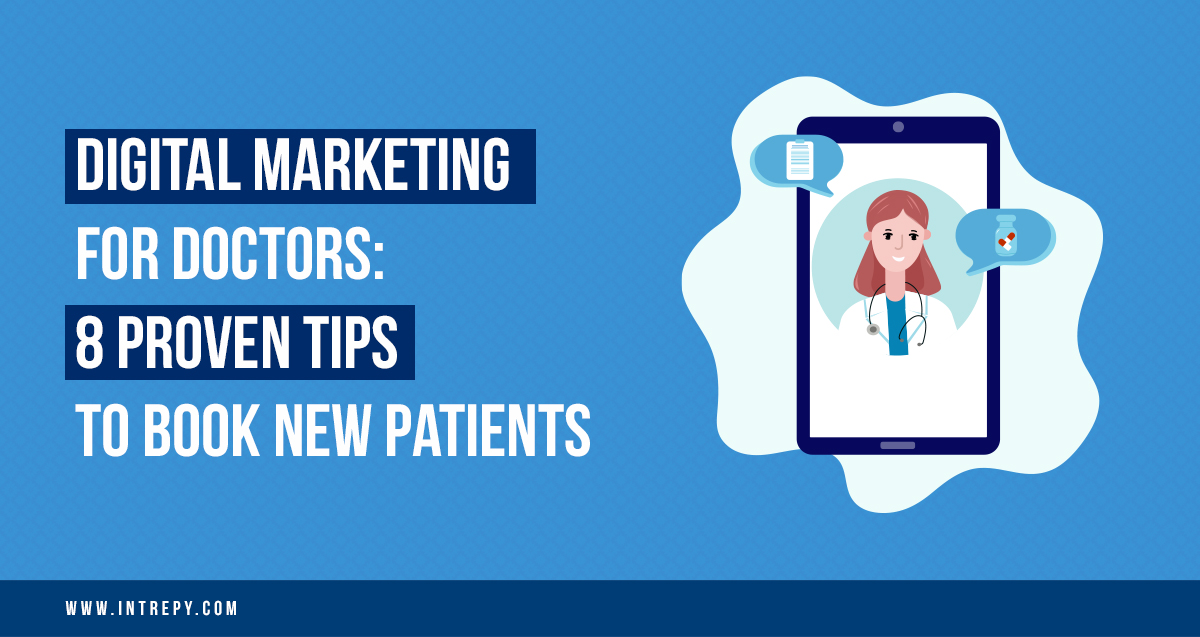Doctor Podcasting – Why doctors should start a podcast
On a regular day, you see your patients, interact with your office staff, do mountains of paperwork, and go home to your family. That’s a great life, to be sure. But have you ever felt like you could be doing more – reaching more people, becoming a thought leader in your industry, and opening yourself up to new opportunities? There’s an easy way to do all of these and more – doctor podcasting or starting a podcast as a doctor.
The latest figures show that over half of Americans – about 144 million people – listen to podcasts. If you’ve ever wanted to reach more people without spending a massive amount of time and money, podcasts are the ticket.
In this podcast, we are joined by Dr. Ernesto to talk about Why Doctors should leverage the medium of podcasting, how to get started and why physician entrepreneurship is the answer to the current healthcare crisis.
You’ve heard of podcasts – what is doctor podcasting?
A podcast is, in its simplest form, an on-demand radio program that educates/entertains its audience. All sorts of people have podcasts – from entertainers to scientists to artists and yes, even doctors.
Listeners “tune in” to their favorite podcasts on demand, whenever they want. Remember the days when people would listen to episodes of their favorite “stories” on the radio? Like Ralphie listening to the Little Orphan Annie radio series in “A Christmas Story?” Podcasts work a lot like that, with podcasters releasing a new episode daily or weekly.
Benefits of doctor podcasting
You got into medicine because you wanted to help people. Starting a podcast is a great healthcare marketing strategy that can help you do that on a larger scale than you ever imagined. But the benefits don’t stop there – not by a long shot. Podcasts can also help you…
1. Establish yourself as a thought leader in your industry
Nothing establishes expertise like sharing knowledge with the public. When you make your own podcast, you can share your experience, knowledge and wisdom with a practically unlimited audience – patients, scientists, professors, and people inside and outside your speciality.
Aside from personal feeling of accomplishment and accolades from your colleagues, establishing yourself in your industry will also…
2. Open up new professional opportunities
Ever wanted to write a book? Speak at events? Starting a podcast gets your name out there for editors and event coordinators to take notice of. As you build your podcast following, you also build up your reputation. The bigger your following, the easier it is for decision-makers to hire you or publish your book because you’ve already got an audience built in.
3. Increase visibility for your practice and personal brand
Right now, you’re probably reaching local patients through Facebook ads, referrals, and Google searches. But when you open your reach up to the millions of Americans who listen to podcasts, new patients and partnerships can come from far and wide.
4. Build your network with interviews
Interviewing other experts within a topic space is popular podcast protocol. Having colleagues and industry leaders on your podcast is a great way to build relationships and expand your network outside of your normal connections. How exciting for you to be the hub of the wheel that drives fame and fortune for your colleagues!
5. Get out of the “grind”
The same thing, no matter how much you love it, gets old when you do it day after day. Taking on a new project like starting a podcast can give you a much-needed boost out of a looming rut. Who knows what kinds of hidden talents you have – Podcasting could be your next career!
How to start doctor podcasting
Starting a podcast is a lot easier than you probably think. Even if you’re not particularly tech savvy, it’s easy to learn.
Step 1 – Develop your concept
You have a wealth of knowledge, but you want to hone in on one area so potential listeners will have a clear idea of what they’ll learn before they tune in to your podcast.
Get as specific as you want, as long as you think you’ll have an ongoing stream of ideas to talk about. You don’t have to just share your medical knowledge. Think about all the things you do and see as a doctor – could you talk about them too?
When developing your podcast concept, it’s critical to pin down WHO you are talking to. Who is your audience – doctors, patients, practice administrators? Whichever audience you intend to target, make sure you’re speaking to them in a voice they’ll connect with.
Here are some of the popular medical podcasts from the medical world to inspire you when creating your own:
The Doctor Paradox – Covers the increasing levels of unhappiness in the medical profession.
Patient Convert Podcast – From the founders of Intrepy Healthcare Marketing, teaches your how to market your healthcare organization
Healthcare Happy Hour – Released once a week, this podcast focuses on current issues in healthcare.
Outcomes Rocket – Inspiring collaborative thinking to improve patient outcomes.
Step 2 – Name your podcast
As you can see from the links above, catchy names are a hit for podcasts! Something easy to say is also easy to remember … and easy to tell your friends about. Don’t forget to use keywords in your podcast name that describe your podcast concept – words like “doctor,” “medical,” or “practice” – to help listeners find your podcast in a Google search.
Step 3 – Choose a podcast management platform
Once you’ve got these steps in place, it’s time to choose a podcast management platform to host your podcast. There are tons out there, and here’s a great article comparing the best podcast hosting. Your management platform will store the mp3 files of your podcast and create your podcast feed so people can find you.
Step 4 – Register with big platforms
Now that your podcast is created an hosted, you’ll want to register it with the big podcast platforms like Apple, Google Play, Spotify, Stitcher, and TuneIn. Having your podcast available on these platforms helps you reach the maximum about of listeners possible.
Step 5 – Get the right equipment
The great thing about making a medical podcast is that you don’t need a ton of equipment, just a computer and a microphone.
The quality of both, but especially your microphone, will greatly affect the quality of your podcast. It’s all about crisp, clear sound. If you don’t have that, people won’t listen.
Don’t use your computer’s built-in microphone. It’s not strong enough for what you’re trying to do. Instead, choose an external mic that plugs directly into your computer. Now is no time to be frugal. You get what you pay for with microphones. This article will walk you through some of the most popular podcast microphones on the planet right now.
You’ll also need to invest in audio recording and editing software, because we all say a lot more “uhhhs” and “hmmmms” than we think we do! Audacity and GarageBand are two of the most popular audio softwares for beginners because they’re relatively easy to use. If you don’t have time or don’t want to learn how to edit your podcasts, you can always hire an audio editor on a site like UpWork to do it for you.
Best ways to grow your podcast listeners
You already have so many places to promote your podcast. Embed a link to your podcast on your website, your personal bio page on your website, on your social media pages (both personal and professional), and write about your podcast in your practice’s blog. Push your podcast anywhere you can – the more listeners you have, the more success you’ll see from all your podcasting work.
Want to be on our podcast list?
We have on of the top lists online of the Best Medical Podcasts to listen to, and we’d love to consider you for that list! Once you get your podcast up and running, shoot us an email so we can check it out. You just might make the list!



